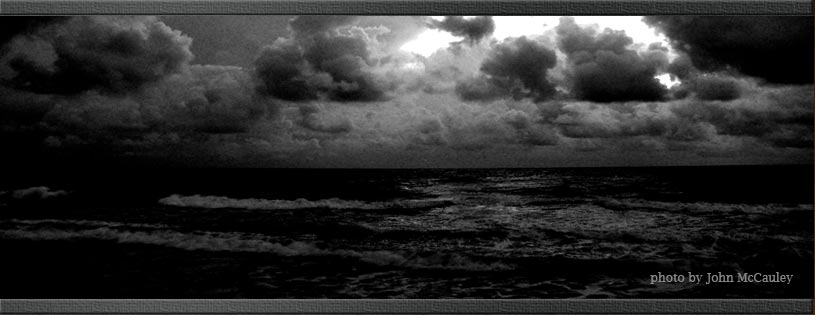Depression
Depression is not a choice. We no more choose to be depressed than a flower chooses to wilt when deprived of sunshine. Until our understanding of depression changes, we are doomed to suffer its most devastating effects.
Society has a fear of and prejudice against depression. We avoid, if we can, those who are depressed.
We offer superficial suggestions such as, “just get over it”, “the past is in the past”, “stop moping”, “stop feeling sorry for yourself”. There is implication in these suggestions that depression is somehow a character flaw: if you just decide to stop being depressed, you will. To compound the confusion, Big Pharma adds their fabricated explanation of what depression is – supposedly a chemical imbalance which totally takes away the responsibility from the person and their interpersonal world…and places the ‘cure’ inside a bottle of pills.
Neither is correct.
One is a lie based on financial greed, and the other is a fear to acknowledge the existence of depression. Often we fear admitting that we, too, are vulnerable to depression, even that we may be depressed and unaware of it.
Relationships with people are essential for our survival, in particular our emotional survival as well as our physical health. Emotional problems like depression involve conflicted relationships with other people or within ourselves.
At birth we are totally dependent upon mother and father and suffer the emotional consequences of insufficient parenting. Our self-esteem is developed by how we were treated and valued and loved as infants–children–adolescents.
How psychologically aware were our parents? How open was communication within the family? Did the family live by religious dogma? How were the issues of sex and aggression managed? These and a multitude of other factors contribute to the subtle shaping of our self–esteem. If we are exposed to deprivation, conflict or trauma the seeds of depression will be planted within us and we will struggle throughout our lives. The conflicted familial relationships we experienced growing up will be internalized. Long into adulthood, perhaps forever, we will continue the struggle within.
We will suffer depression where we do not measure up to the real or perceived expectations of our parents; we will suffer depression where we do not meet our own expectations. We will suffer depression if we struggle with guilt and self–recrimination.
Conflict with others, whether external or internally represented, is the source of depression. Depression is not a chemical imbalance.Depression is essentially an interpersonal problem.
Psychotherapy is an interpersonal process and the path to resolve issues of depression.
Just as the sun will enable the flower to bloom, so too will therapy enables the person to open up and actualize their potential.
Symptoms of Depression
- loss of interest in normal daily activities
- feeling sad or down
- feeling hopeless
- crying spells for no apparent reason
- problems sleeping
- trouble focusing or concentrating
- difficulty making decisions
- unintentional weight gain or loss
- irritability
- being easily annoyed
- restlessness
- feeling fatigued or weak
- feeling worthless
- loss of interest in sex
- unexplained physical problems, such as back pain or
headaches - carrying on normal conversation is a struggle
- feeling cut off or isolated
- feeling anxious and worried
- having recurring thoughts of death or suicidal impulses
Causes and risk factors for depression
- loneliness
- lack of social support
- recent stressful life experiences
- family history of depression
- marital or relationship problems
- financial strain
- early childhood trauma or abuse
- alcohol or drug abuse
- unemployment or underemployment
- health problems or chronic pain
![]()

